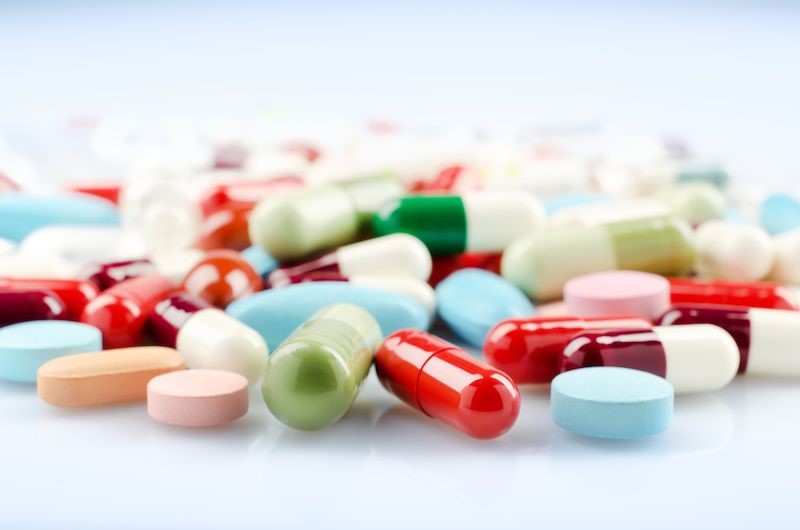Come flu season, everyone rushes out to buy over-the-counter pain relievers like Advil or Motrin—the brand names for Ibuprofen. Ibuprofen is part of a class of drugs known as NSAIDs (Nonsteroidal anti-inflammatory drugs). NSAIDs are excellent for relieving headaches, reducing joint pain and fevers. However, they do have significant adverse side effects such as stomach pain, ulcers and heartburn, among others. Another well-known side effect is an allergic response to ibuprofen which in some instances can produce a fatal anaphylactic reaction.
Now comes news that ibuprofen has a detrimental health impact on young men and their reproductive system. According to a recent study published in the journal Proceedings of the National Academy of Sciences, a small sample of young men, who took ibuprofen daily in doses often used by athletes (1200 mg) developed a hormonal condition that begins for some men only during middle age. This condition is linked to reduced fertility.
Researchers noted that men who took large doses of ibuprofen experienced the impact within 14 days; testosterone levels decreased. This produced compensated hypogonadism, which is associated with impaired fertility, erectile dysfunction and depression. Low testosterone levels also increase the risk for heart attack, heart failure and stroke. Though small, the study raises the need for larger investigations, particularly since we don’t know whether the effects are reversible or long term.
Equally disturbing, French and Danish studies looked at other common pain relievers such as aspirin and acetaminophen (Tylenol) as well as ibuprofen and their impact on pregnant women. They found that all three of these mild medications affected the testicles of male babies and may possibly impair sexual behavior in adulthood by disrupting sexual neurobehavioral programming.
Pain relievers are ubiquitous—but just because they are everywhere doesn’t make them safe. Like all over-the-counter medications, they must be used in moderation. Always consult with your doctor, especially if you are taking other medications to avoid harmful interactions.
And, if you are a male, the impact on your reproductive system is something you need to be concerned with at any age.
Strategic Communications Professional/Content Strategist/Marketing Communications Consultant




